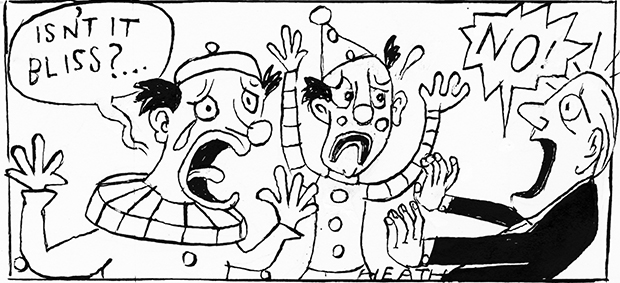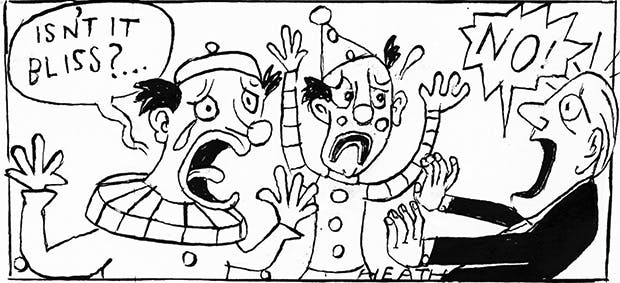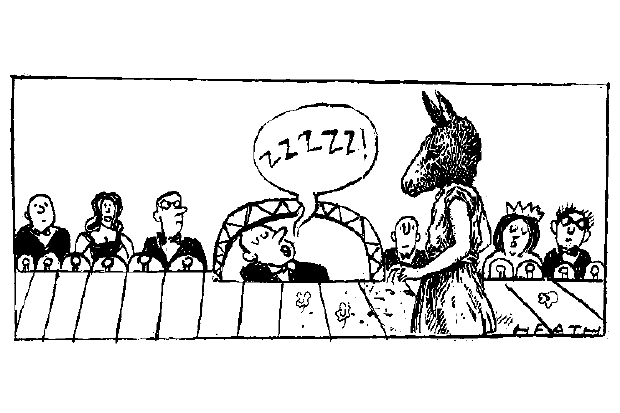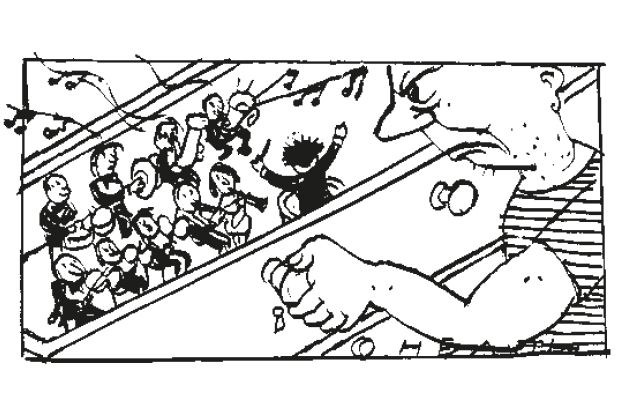I came out in a rash when I heard that Emma Thompson was to star in Stephen Sondheim’s Sweeney Todd at the Coliseum. Sondheim has that effect on me. And it’s an allergy I bear with pride. I’ve been the victim of a Sondheim evening only once in my life and I emerged feeling as if I’d been shrieked at for three hours by a gorilla with rabies.
Already a subscriber? Log in
Subscribe for just $2 a week
Try a month of The Spectator Australia absolutely free and without commitment. Not only that but – if you choose to continue – you’ll pay just $2 a week for your first year.
- Unlimited access to spectator.com.au and app
- The weekly edition on the Spectator Australia app
- Spectator podcasts and newsletters
- Full access to spectator.co.uk
Or
Unlock this article
You might disagree with half of it, but you’ll enjoy reading all of it. Try your first month for free, then just $2 a week for the remainder of your first year.













Comments
Don't miss out
Join the conversation with other Spectator Australia readers. Subscribe to leave a comment.
SUBSCRIBEAlready a subscriber? Log in